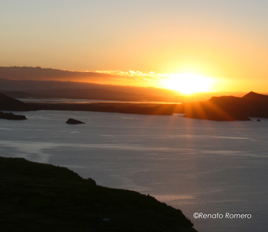
The Region of Puno has a wide variety of climates and ecological steps which canbe observed in an altitude ranging from 14,022 feet above sea level (4,275 ma.s.I.) inSan Antonio de Esquilache, Province of Puno, to 2,690 feet above sea level (820 m.a.s.I.) in Lanlacuni Bajo, Province of Carabaya. The central and southern areas of the region, knownas "El Altiplano" (AndeanPlateau), are dry and very cold from April to November with almost no rain and semi-dryand cold from December to March with heavy rain. In these areas, temperatures change dramatically when in full sun light (warmer) and under shadow (colder) . When it is cloudy, temperatures drop dramatically. Also, the areas that are closer to the lake receive more rain and the temperatures are higher.
Cities such as Puno, Yunguyo, and Arapa, which are located next to the lake, hove night temperatures as low as -2ºC in July and as highas 6ºC from January to March and daytime temperatures as low as l3ºC in July and as high as 16º during November and December and an average of l5ºC from January to March. On the other hand, cities such as Juliaca or Lampa, which are far from the lake, hove night temperatures as low as -8ºC in July and as highas 4ºC from December to March and doy temperatures as low as l5ºC in July and as high as l8ºC and 20ºC in November and December and an average of l6ºC from January to March. From June to August it is possible to experience sorne snow and hail.
The northern provinces of the Region of Puno (Carabaya and Sandia) are located in the Amazon plains. The pass from the Andean Mountains to the Amazon plains changes the weather dramatically, going from semi-dry or dry to humid and from cold to warm.
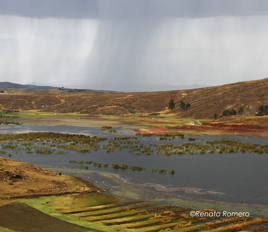
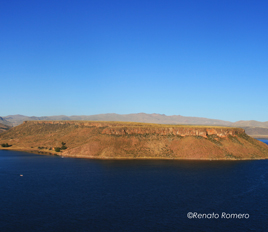
A weather forecast for Puno can be viewed at the Weather Channel Site.
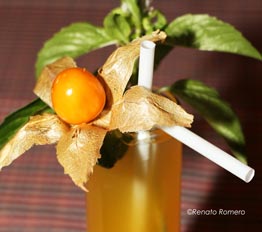
When traveling to a foreign country for the first time, it is important to know that an illness can ruin a vacation if precautions are not token. In Peru, the main health issues for travelers are related to stomach infections due to the ingestion of contaminated food or liquids and altitude sickness in high altitude cities such as Juliaca, Puno, or any of the islands located in Lake Titicaca. In the first case, the bodies of foreign travelers are not familiar with the bacteria in food and water, making it easy to get an infection if precautions are not token. In the second case, it is hard to know how a body is going to react in high altitude with less oxygen to breathe than usual, but the ill effects can be prevented or at least minimized if they do occur.
Below are sorne suggestions to reduce the risk of getting a stomach infection:
If symptoms of an infection are noted (constant diarrhea and even vomiting), it is better to see a doctor immediately to get an antibiotic to kill the bacteria (bacteria should be confirmed through proper analysis) and ensure that the body recovers as soon as possible to continue with the journey. Plenty of liquids should be drunk to keep the body hydrated. In two or three days a ter the ingestion of the first pili,the body wili be recovered but the stomach wili stili be sensitive.
In the Region of Puno, travelers wili be potentially affected by altitude sickness due to the high altitude of all main cities. For instance, the City of Puno, where Lake Titicaca is located, is at 12,553 feet above sea level (3,827 m.a.s.I.). The symptoms of the illness can be prevented or reduced by following the tips below:
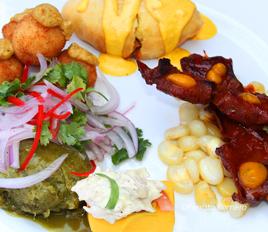
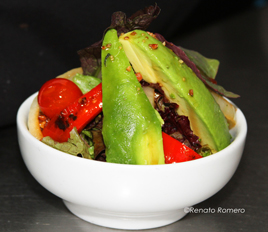
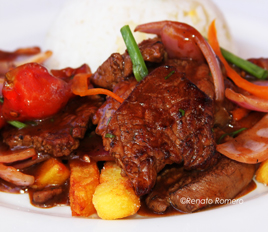
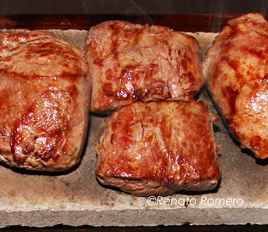
If the symptoms of altitude sickness are felt (headache, nausea, stomachache, extreme tiredness, and shortness of breath), it is better to just rest, avoid food, and drink plenty of liquids (coca mate leaf tea) .If food is needed, a light soup with vegetables and potatoes is recommended. Usually, the next doy the symptoms are goneor almost gone. Another solutionis to goto alower elevation.
Clinics in Peru are privately managed while hospitals are run by the Peruvian government. Prices in a clinic are considerably higher than in a hospital. Below is a list of hospitals, clinics, and pharmacies in the Region of Puno:
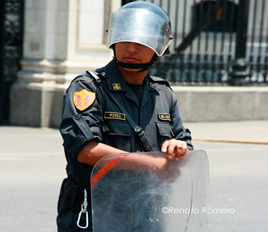
When in the Region of Puno, travelers need to take the sorne precautions they would when in a big and crowded city. Robberies are common in the Provinces of Puno and San Roman, but if precautions are token, travelers shouldn't hove to deal with this. (In the District of Juliaca more precautions should be token.) Below are sorne recommendations to avoid being the victim of a robbery:
Stolen credit cards or numbers is another issue for travelers. Below are sorne recommendations to avoid having your credit card or number stolen:
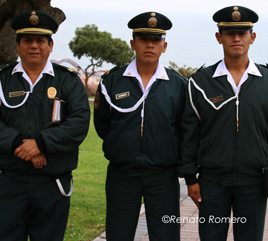
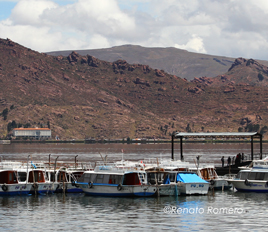
If you hove been robbed and you need to file a report, below is information related to local police stations:
Lorem ipsum dolor sit amet, consectetur adipiscing elit. Nunc tincidunt vehicula velit, luctus fermentum eros ornare ac. Cras vehicula, velit at ornare efficitur, diam eros sodales lorem, eu ultricies odio nulla non mi. Fusce bibendum a mauris quis volutpat. Quisque placerat elementum vehicula. Mauris tristique lobortis risus quis gravida. In vel enim vitae urna rhoncus sagittis. Maecenas iaculis eget mauris varius lobortis. Mauris fermentum felis luctus gravida tincidunt. Cras aliquam metus ac nunc accumsan, sed sollicitudin ligula convallis. Etiam ullamcorper sapien congue lacus euismod facilisis. Vivamus massa neque, commodo ac vulputate tincidunt, tincidunt sed lorem. Cras volutpat nisl a maximus fermentum. Nunc pretium velit eget urna vestibulum, a tincidunt elit commodo. Curabitur maximus gravida pharetra. In euismod est eget odio feugiat, sit amet rhoncus neque volutpat.
Register in our site and start planning your visit to Peru with the right partner. See below a few of the benefits of becoming a member:
When you register in our site, you accept the Terms & Conditions of myperuguide.com
Regístrate en nuestro sitio y empieza a disfrutar de nuestros beneficios. Apoyamos a todo tipo de operador de turismo enfocado en el turismo receptivo:
Al regístrarte aceptas los Términos y Condiciones de myperuguide.com